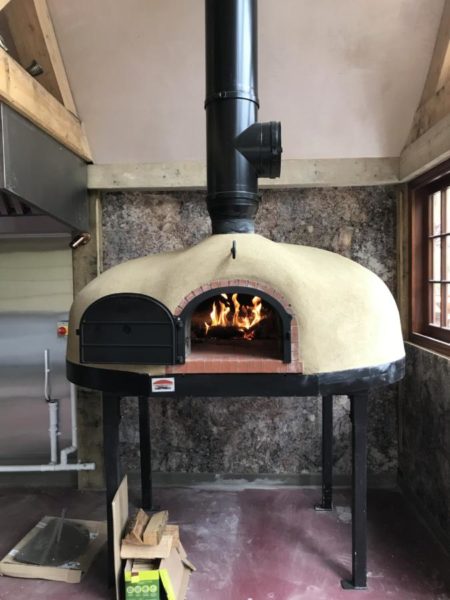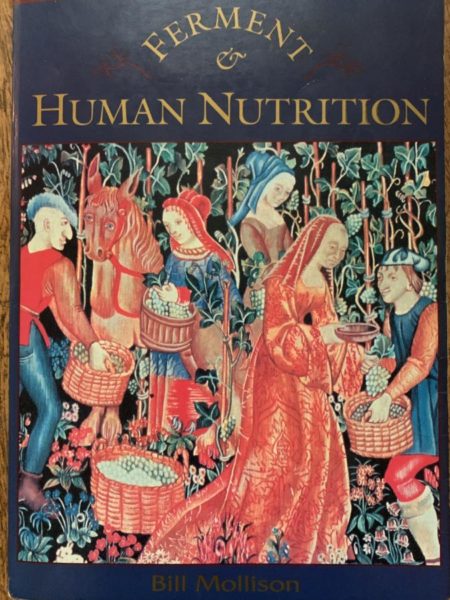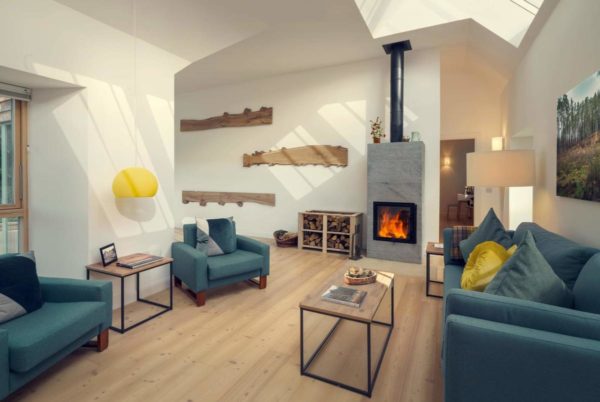Wood Fired Permaculture cooking
During the lockdowns of 2020/21 we did quite a few projects for individuals and small companies setting up ‘sustainable’ lifestyles, either retreats to gain new experiences and skills or people just wanting to get away from the perceived coming of the Zombie Apocalypse!

We met some lovely people on the way, people determined to make a difference and show how other lifestyles were possible ( see West Lexham https://westlexham.org.) What has come out of the last two years is that people are realising that the food system we have is broken, farmers are going out of business and consumers pay an enormous price for supermarket convenience food and the soils on which all rely are poisoned, washing away or over-fertilised.
There is another way and its called Permaculture– integrated, zero waste or closed loop agriculture where reduction in energy inputs is made possible by recycling waste generated within the system and put to good use by another input. The most well known example is converting green waste into compost that feeds and enlivens our soils.

One of the Grandfathers of Permaculture, Bill Mollison, actually grew up in Australia but developed his ideas in the Tropics where plants grow without seasons and even repeat crop throughout the year. Steady temperatures and high humidity have their own challenges as ecosystems continually recycle waste very quickly whereas those of us in temperate Northern Europe know very well everything needs a bit more coaxing to succeed! He wasn’t a great fan of Vegetarians or Vegans as he believed passionately that human evolution required us to have animal proteins and fats to survive in periods of crop scarcity.
Not only that, animals are part of sustainable farming practices and where none exist, replacements have to be found to clear ground and eat pests. The tropics heat means preserving food by drying or fermenting is very important for those without access to expensive fridges so all those proteins and nutrients are made more easily available. The last 10 years has seen an explosion of books on Fermentation, and very important it is too for those wanting to realise foods potential for safe storage and maximum nutritional benefit.
For Permaculture cooking, wood is ultimately a sustainable carbon neutral resource and fuel, especially when you can grow it yourself. Even in temperate climates wood grows quickly for about 7-8 months of the year, roughly end of March to end of October and anybody who has seen old coppiced woods growing will know some species like Hazel and Ash grow a good metre a season. They sequester carbon in their growing cycle and release it when burnt. Despite its bad press in cities, where poor fuel quality can mean poor combustion, it remains the best fuel for cooking and heating.
If you’ve travelled around rural France or rural northern Europe, you will see huge piles of split logs seasoning for use over winter, where the use of super efficient wood burners and masonry heaters is common and the costs of electricity and gas high.
Masonry heaters ( see Tulikivi amongst others) are peculiar to Northern Europe and are designed to get the most heat out of wood fuel, burning hot and fast and using masonry to absorb as much energy as possible before the flue gases escape. Some larger ones feature heat exchangers for central heating and bread ovens that are heated at the same time as the masonry, giving you a hot oven almost 24 hrs a day, perfect for impromptu baking and heating at virtually no cost!

Cooking with home grown wood has got to be the best closed loop there is so cooking in your own wood-fired range or pizza oven ( Four Grand-Mere naturally!) has to be a go to solution if you’re thinking about de-camping to the wilds or even trying to close loops within your own patch of ground. As you may read in other posts of mine, cob ovens are a good way to get started if clay and straw are locally available and you can build under cover to keep the rain out.
Otherwise, building with firebrick or getting a modular oven in place are all great alternatives and will set you on a path of resilience, not dependent on fossil fuels for energy inputs.
Remember, when I mean home grown, I mean anything dry and a hardwood- it could be prunings from garden trees and hedges, dry untreated hardwood pallets, off cuts from woodworking, really anything as long as its dry! Permaculture cooking is here to stay………
